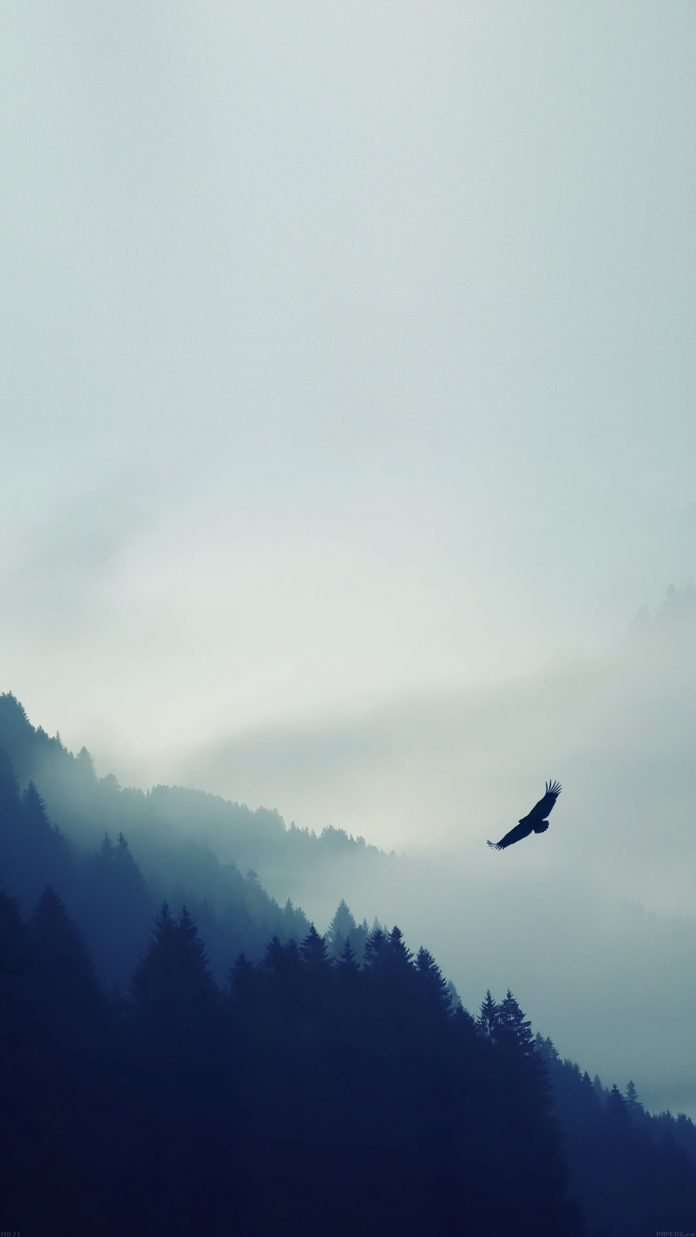In this article, we are going to see how images can be flipped using Pygame.
To flip the image we need to use pygame.transform.flip(Surface, xbool, ybool) method which is called to flip the image in vertical direction or horizontal direction according to our needs.
Syntax:
pygame.transform.flip(Surface, xbool, ybool)
Flip the image in vertical direction
In this, we have to flip the image in a vertical direction. We will use pygame.transform.flip() to display the image in vertical. Pass xbool as True and ybool as False, so that the image is flipped vertically.
Input used:
Python3
# import pygame and sys import pygame import sys from pygame.locals import * # pygame.init() will initialize all # imported module pygame.init() pygame.display.set_caption('Lazyroar') # screen size will display on screen screen = pygame.display.set_mode((600, 400), 0, 32) # pygame.image.load() will return the # object that has image img = pygame.image.load('image.png') while True: # Background color screen.fill((255, 255, 255)) # image copy img_copy = img.copy() # pygame.transform.flip() will flip the image img_with_flip = pygame.transform.flip(img_copy, True, False) # surface.blit() function draws a source # Surface onto this Surface. screen.blit(img_with_flip, (50 + 1 * 120, 100)) # event listener to quit screen for event in pygame.event.get(): if event.type == QUIT: pygame.quit() sys.exit() # update the frame per second pygame.display.update() |
Output
Flip the image in horizontal direction
In this we have to flip the image in horizontal direction. For this xbool is passed as False and ybool as True, to flip it horizontally.
Program:
Python3
# import pygame and sys import pygame import sys from pygame.locals import * # pygame.init() will initialize all # imported module pygame.init() pygame.display.set_caption('Lazyroar') # screen size will display on screen screen = pygame.display.set_mode((600, 400), 0, 32) # pygame.image.load() will return the # object that has image img = pygame.image.load('image.png') while True: # Background color screen.fill((255, 255, 255)) # image copy img_copy = img.copy() # pygame.transform.flip() will flip the image img_with_flip = pygame.transform.flip(img_copy, False, True) # surface.blit() function draws a source # Surface onto this Surface. screen.blit(img_with_flip, (50 + 1 * 120, 100)) # event listener to quit screen for event in pygame.event.get(): if event.type == QUIT: pygame.quit() sys.exit() # update the frame per second pygame.display.update() |
Output







